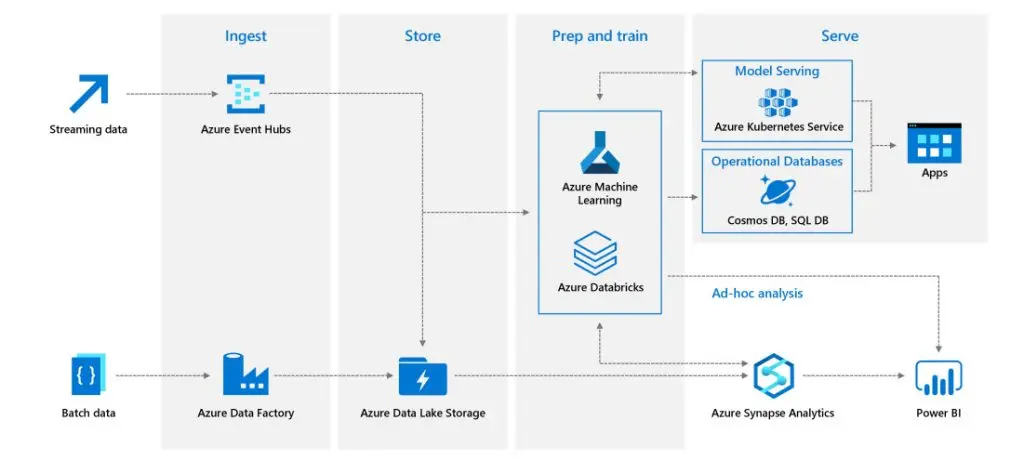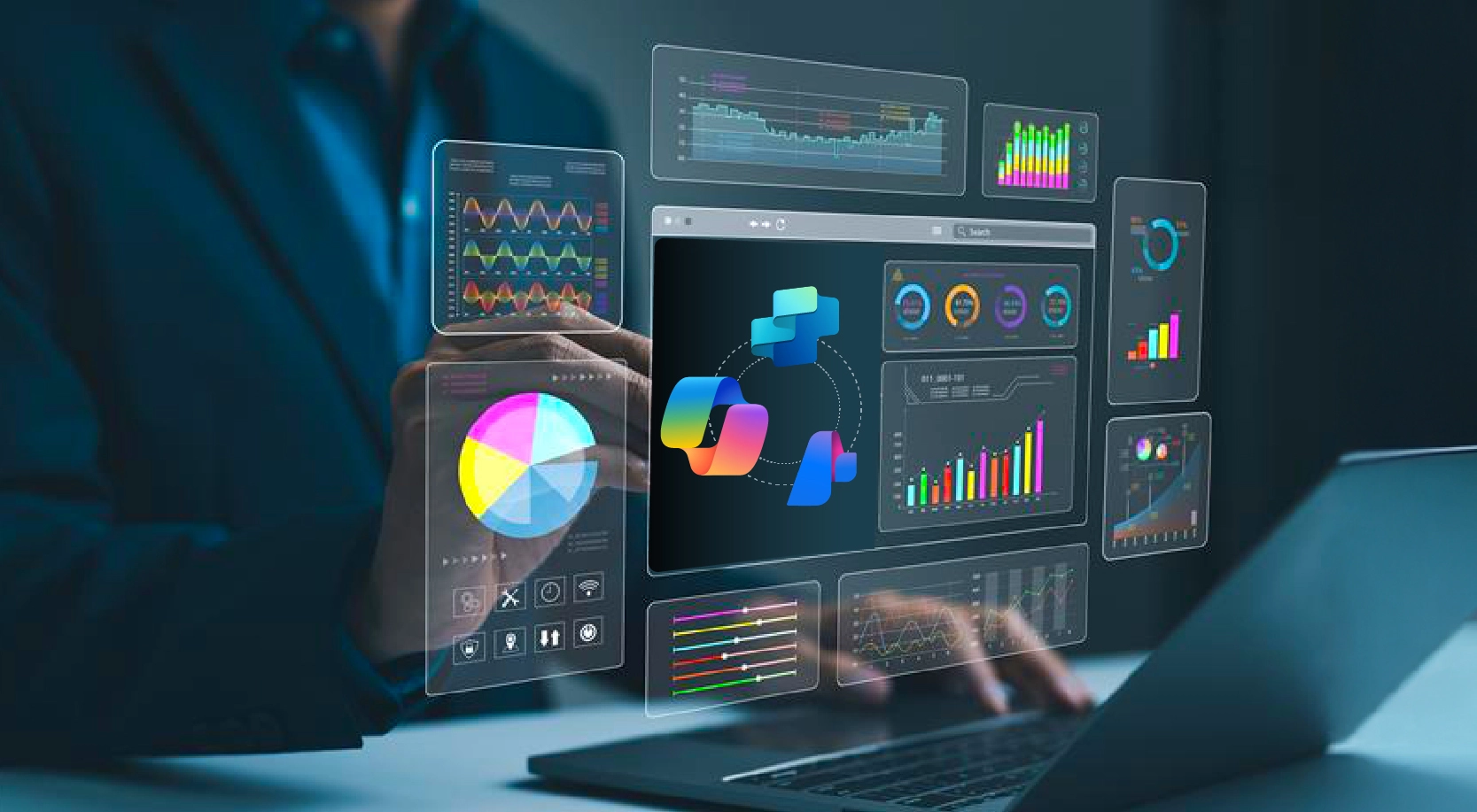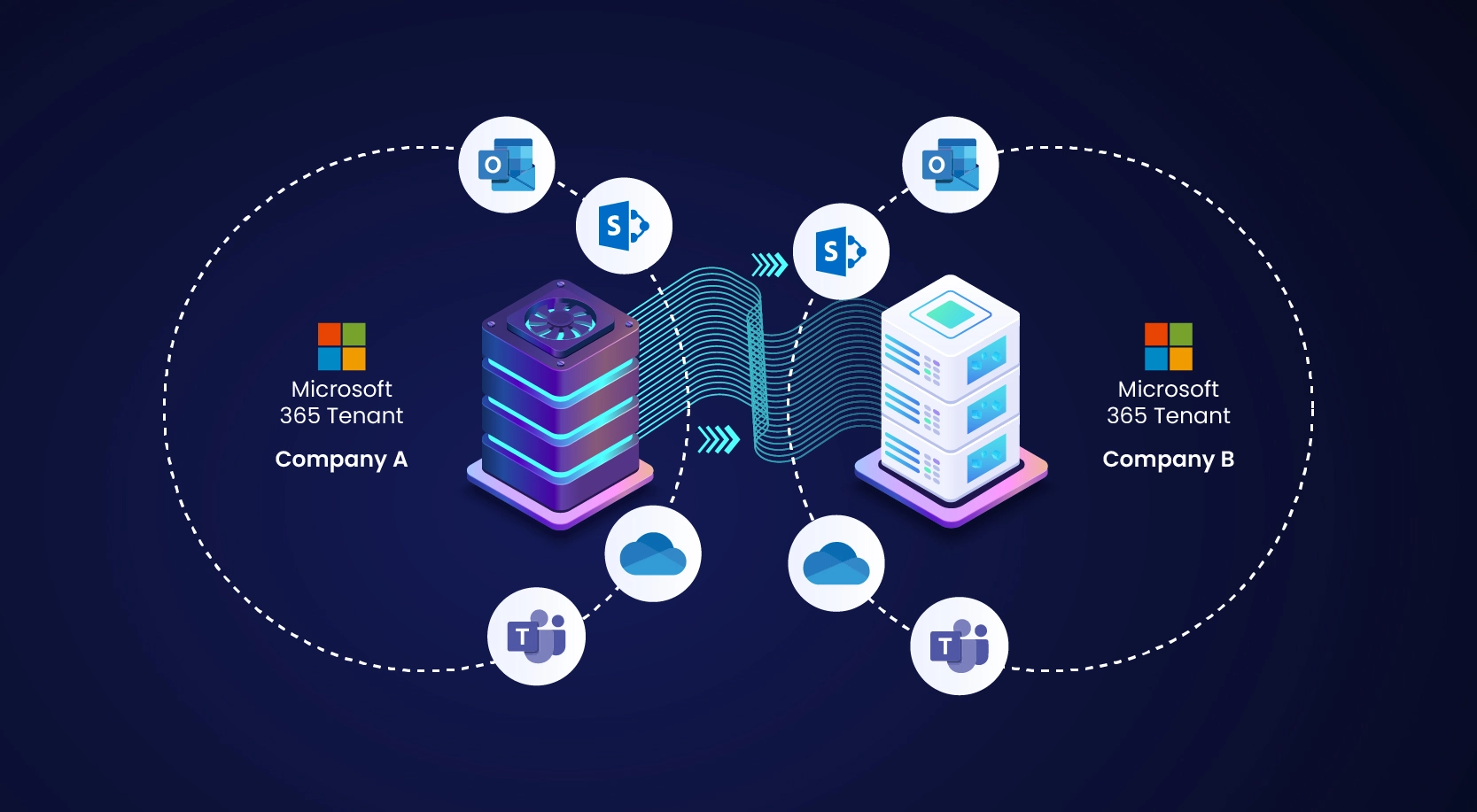
Today, many organizations have prioritized digital transformation as central to their growth ambitions. It is a no-brainer that data powers digital transformation; however, many organizations find it complex to leverage mountains of data assets and uncover business value and distill actionable insights for decision making. Efficient data handling needs a strategic information management framework. Simply put, it needs a modern data platform to enable teams deliver actionable insights.
Modern Data Platform – What is it?
This can be explained through:
- A Technology lens: This assesses the technology that’s required for efficient data processing and management that would enable business benefits. It calls for evaluating software and applications – eg: Cloud Data services, DevOps, Data Visualization, API management etc.
- A Business lens: This calls for discussions around how data can drive meaningful impact to the business – The business use case, the metrics to be tracked, the predictions to be made and more, supported by data features – data sources, types of data, data volumes, integration needs, data management & governance, Data catalog and more.
An optimal solution requires these 2 factors working with each other keeping business benefits and differentiation in mind.
Key traits of a well architected Modern Data Platform
The following key capabilities help differentiate a modern data platform. These are in addition to standard capabilities offered in Provisioning, Management and Consumption of High-quality data within organizations:
- Open Data Access: It is imperative to overlook proprietary GUI or connectors and use data as per industry protocols wherever possible. This makes it future proof.
- Comprehensive Data Security: It must authenticate and authorize for data objects to avoid data leakage. It must closely integrate with a company’s directory and security services at the minimum. Additional Data security protocols will need to be enabled for more sensitive data assets
- Virtual Data Consolidation: Data is distributed across locations, infrastructure and several other channels. A good data platform unites virtually scattered and disparate data by offering a framework for regular management, operations and smooth portability.
- Adaptable Data Indexing: A robust data platform efficiently handles metadata by programmatically accepting dynamic, custom attributes to glean smarter insights from the data.
- Lifecycle Data Services: These offer a good opportunity to save costs, eliminate risk and maximize operational simplicity. A modern data platform automates the lifecycle and data governance across varied types of software, infrastructures, containers, and formats.
- Data Value Delivery: A data platform is most often evaluated on the value it delivers to its users. It must align information to the requirements of users for delivering more accuracy and greater value.
Microsoft Azure – A Rational Choice

Source: Microsoft
The organizations are increasingly investing in building data platforms on Microsoft Azure to boost productivity and increased security. Different Microsoft Azure services serve varied purposes and build a strong baseline for a data platform that help manage data assets and generate business value through insights. Let’s unpack this a bit.
- Azure Cosmos DB: A fully managed, multi-model service platform for Microsoft helps you govern obsolete data across diverse Azure regions in a few simple clicks. It’s a NoSQL serverless database service that delivers 99% consistency, availability and throughput.
- Azure Data Catalog: An enterprise-wide metadata catalogue that is specially designed for you to enable self-service discovery of data from different sources. It helps you provision, register, annotate, discover, connect and setup security for your data assets.
- Azure Data Factory: An Azure cloud-based service that helps enterprises extract data from multiple sources, automate workflows and facilitate data movement through pipelines to finally integrate with third-party applications that perform data analytics and visualization.
- Azure Data Lake: A multi-layer, enterprise-grade security data storage system that stores both structured and unstructured data of multiple shapes, sizes and speed. It’s scalable and has limitless storage. It works optimally with the current IT infrastructure and can be seamlessly integrated with data warehouses.
- Azure Synapse Analytics : An analytics service that brings together enterprise data warehousing and Big data analytics, It gives you the freedom to query data on your terms, using either serverless or provisioned resourced – at scale with a unified experience to ingest, prepare, manage and serve data for BI and machine learning needs.
- Azure HDInsight: A HADOOP and cloud-based service Microsoft service that has strong customization capabilities to add components, diverse languages and build clusters using different virtual machines.
- Azure Stream Analytics: It’s an on-demand serverless analytics service that needs no infrastructure. The organizations can leverage low TCO due to the pay-as-you-go model. It enables organizations to distill actionable insights from pool of live streaming data in multiple formats such as CSV, AVRO, JSON, etc., to boost operational efficiency.
- Microsoft Power BI: A Microsoft’s cloud-based collaboration environment that integrates with Azure analytics to connect, analyze and share BI on smart dashboards for users and helps organizations build data-driven culture within the organization. Learn more about our Power BI Migration Factory model.
- Azure Databricks: An Apache Spark-based, uniform cloud-based analytics service to batch process unstructured data using machine learning and data streaming. Integrating seamlessly with open-source libraries, this scalable and highly collaborative service helps organizations streamline the data analytics process and has secure data integration capabilities.
- Azure Machine Learning: Empower developers and data scientists with a wide range of productive experiences for building, training, and deploying machine learning models faster. Accelerate time to market and foster team collaboration with industry-leading MLOps—DevOps for machine learning.
Spinning in Circles, Not Knowing Where to Start?
We, at WinWire, can help transform you into a modern data-driven organization. How? We’ve collaborated with customers in building Modern Data Platforms to help them differentiate in the market-place.
Many of our global clientele across diverse sectors like Healthcare, Education, Banking, Public Sector, etc. now have an affordable and agile capability that provides easy access to significant amounts of storage and analytic compute power to help drive business insights and outcomes.






